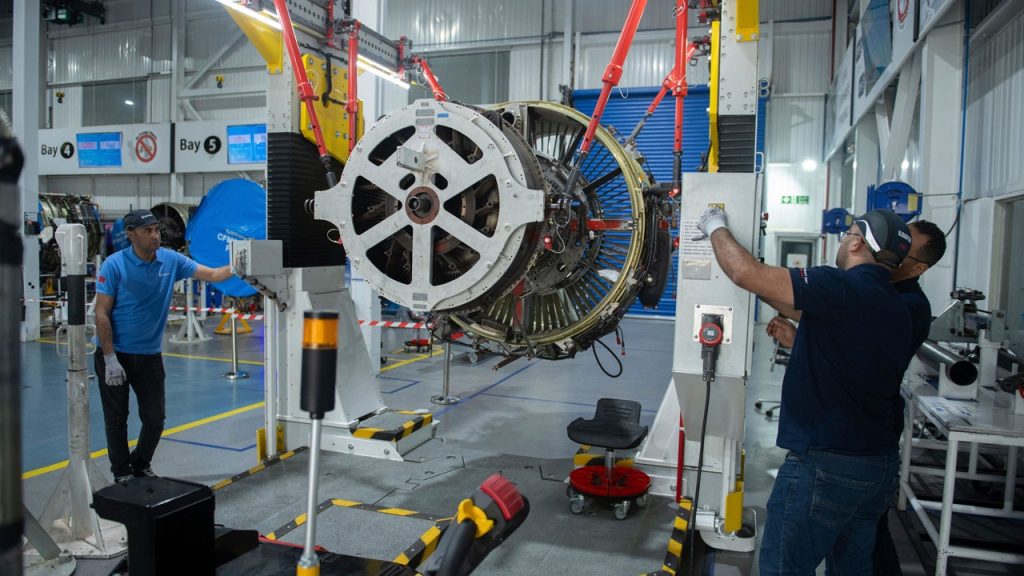Moroccan officials are making efforts to turn the country into an aviation hub in order to attract investors seeking to diversify their supply chains to other countries with affordable and available workers. The $2 billion-a-year aerospace industry in Morocco is part of a larger initiative to transform the country’s largely agrarian economy by subsidizing the manufacturing of planes, trains, and automobiles. The hope is that this will complement the growth of Moroccan airlines, including the state-owned Royal Air Maroc. The country is in a good position to attract investors as many suppliers in Europe are struggling to find workers in the industry.
The aviation industry is facing challenges as demand for air travel has increased following the pandemic, causing issues in meeting the demand for airplanes from airlines. Manufacturers like Boeing are facing delays due to supply chain problems, which have been exacerbated by high-profile emergencies and deadly crashes. As a result, manufacturers are looking for new locations to build and repair parts around the world, including Morocco. Safran Aircraft Engines, a French manufacturer, sends engines for Boeing 737s and Airbus 320s to a repair plant outside of Casablanca every six to eight years before sending them back to airlines in various countries. Morocco has 130 companies in the sector, producing everything from wings to fuselages, with 42% of the workforce being women.
While many companies view Morocco as a source of cheap labor, the country and the government have made efforts to train skilled workers in the aviation industry. The Institute for Aeronautics Professions in Casablanca is dedicated to training individuals for careers in the aeronautics sector, ensuring that the industry has access to well-qualified talent. Safran’s CEO, Jean-Paul Alary, emphasized the importance of well-trained workers in Morocco, stating that they are key players in achieving the industry’s goals. The industry is hopeful that Morocco’s aviation industry will continue to expand, especially as demand increases and companies in Europe face labor shortages.
Efforts to combat art forgeries are also underway in Morocco as the country aims to tackle the growing market for counterfeit artworks. New laws are being planned to address this issue, reflecting Morocco’s commitment to protecting its cultural heritage and promoting legitimate art markets. The initiative to combat art forgeries is part of a broader effort to promote creativity and authenticity in the art industry, ensuring that artists are recognized and compensated for their work. With these new laws, Moroccan authorities are taking steps to safeguard the integrity of the art market and protect artists and collectors alike.
In conclusion, Morocco’s push to become an aviation hub and combat art forgeries reflects the country’s commitment to economic diversification and cultural preservation. By attracting investors to its aerospace industry, Morocco aims to create new opportunities for economic growth and job creation, while also addressing global challenges facing the aviation sector. The efforts to combat art forgeries demonstrate Morocco’s dedication to promoting cultural authenticity and creativity, ensuring that artists receive recognition and protection for their work. As Morocco continues to invest in these sectors, it is positioning itself as a key player in the global aviation and art industries, contributing to the country’s overall development and prosperity.


